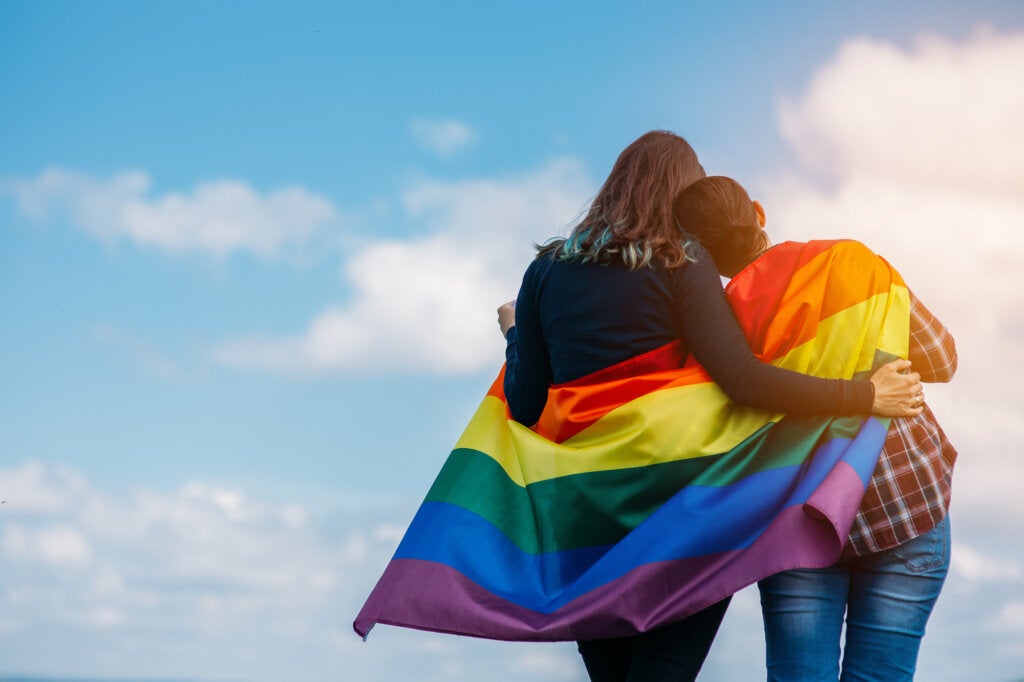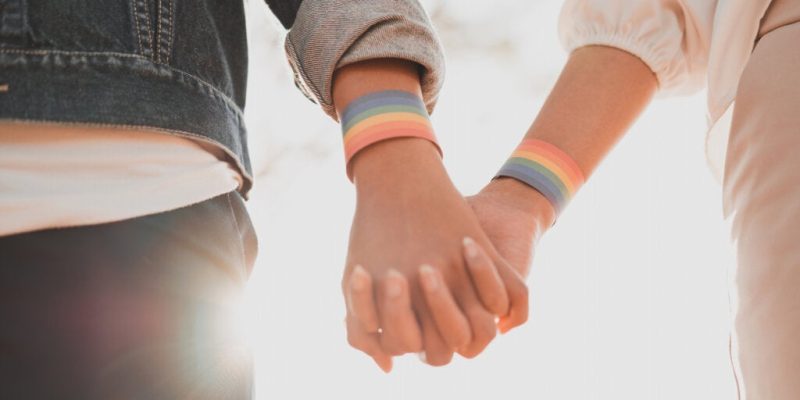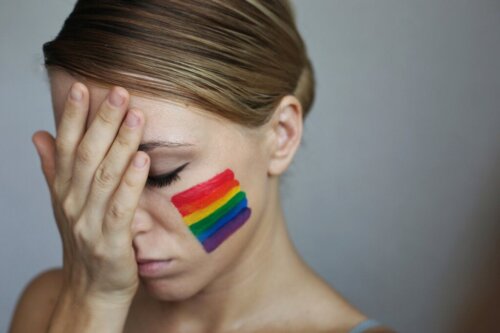No one chooses their sexual orientation. Moreover, the mechanisms that underlie and explain heterosexual orientation are still unknown. However, humiliation, criticism, harassment, and discrimination toward the LGBT community (lesbians, gays, bisexuals, and transexuals) are exercised by broad sectors of society in the 21st century. This is known as LGBTIphobia.
In the face of hate, information is required. In the face of humiliation, training in values is needed. And, in the face of annoyance, teaching based on respect is necessary. On the other hand, in the face of discrimination, the promotion of diversity is essential. Yet, this is often far from the truth or even possible. Therefore, you need to know what to do if you’re the victim of a hate crime based on sexual orientation.
LGBTIphobia: a nascent hate crime
The new Guía para Víctimas de Delitos de Odio por LGTBIfobia (Guide for Victims of Hate Crimes due to LGBTIphobia) was published by the Navarro Institute for Equality (Spain). It sheds some light on these dark facts. Firstly, this type of conduct is classified as a crime. It usually appears in the form of gratuitous attacks with no motivation other than hate.
In effect, prejudice clouds the attackers’ minds, transforming them into primitive beings, with no reasoning capacity other than their own unfounded premises.
Other forms of this phobia appear in the form of conversion therapies. They claim to ‘cure’ homosexuality. Fortunately, actions against these unpleasant processes are already being demanded. For example, a letter to the director published in Gaceta Sanitaria urges the development of legislation against LGBTIbiphobia. It entails penalties for those who carry out and promote any practices with harmful effects on the health of LGBT people.
“LGBTIbiphobia is any aggression, threat, harassment or damage against a person or their property due to their orientation, identity and/or sexual and gender expression or because the person who commits the crime assumes that the other is LGBTI.”
-INI-
You might be interested to read:
A Brief History of Homophobia
What to do when faced with LGBTIphobia
If you’ve ever felt discriminated against for having a different sexual orientation, you should report it. In fact, there are laws to protect you. So, make sure you communicate with the police as soon as possible. Their job is to identify the aggressors and check, for example, any cameras in the area where the homophobic act took place.
The physical description of the attacker is essential if they’re to be found. Officials will usually ask if you know the attacker, what they look like, how they were dressed, and if they have any distinguishing features.
Moreover, if you’ve been assaulted or are psychologically unwell, you should go to a medical center and make an injury report. You must make it clear, for the record, that you were the victim of an LGBTIbiphobic attack.
Also, make sure you save any images, videos, and/or audio you may have, as they’ll serve as evidence. This is even more important if the attack occurs on social media.
At what point should you report an attack?
There’s no reason to report an attack immediately. You may need time to stop and process what’s happened. Most importantly, you must look after yourself.
However, you need to know that making a complaint is both a moral and legal obligation. Indeed, putting an end to hate crimes is in the interest of society. Therefore, make sure you don’t stay tight-lipped in the face of any of the following kinds of aggressive speech.
- Graffiti.
- Cyberbullying.
- Discriminatory behaviors on social media.
- Pamphlets and propaganda against the LGBT community.
- Homophobic and transphobic comments in the media.
Reporting will help you as well as others in similar situations. By exercising this right, we can all communicate events that are far from correct. Moreover, we can promote a society that promotes respect for diversity and values equal treatment. Reporting can be done verbally, at a police station, or in writing to a court.
Obviously, depending on the country, the procedures for reporting these cases will vary. That said, as a rule, it’s imperative to provide every shred of evidence that supports the assault. This includes witness statements.
Homophobic bullying
If an LGBTIbiphobia attack occurs in the school environment, any complaint should first be addressed to the teaching and guidance team of the institution. It’s worth remembering that this kind of crime isn’t something that only happens on the street or on social media.
Furthermore, a study conducted by the Complutense University of Madrid (Spain) states that homophobic bullying encompasses not only LGBT individuals but any other people who are perceived as being outside of normative gender patterns. Also, those who associate with members of the LGBT community.

You might be interested to read:
We’re Wrong if We Judge Homosexuality
What happens after reporting the crime?
After reporting a hate crime, a great deal of time and patience are required. As we mentioned earlier, legal processes vary from country to country. In fact, in many countries, these kinds of issues remain unaddressed.
Complaints are always voluntary and they can be avoided or abandoned at any stage. However, although the process takes time, encouraging a culture of reporting is essential to stop the waves of violence that members of the LGBT community suffer on a daily basis. Validating their rights is the way in which we can sow awareness and respect for them.
The post Challenging LGBTIphobia appeared first on Exploring your mind.



















Comments